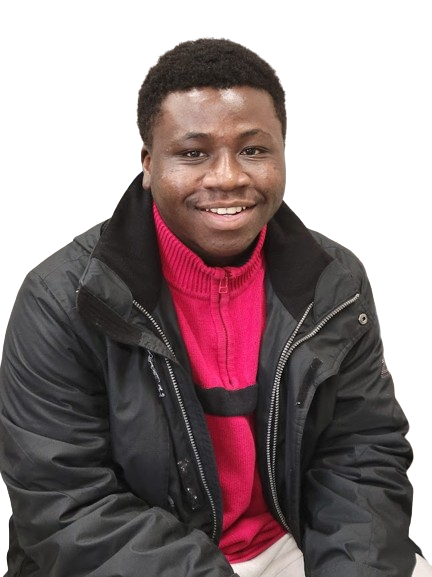For those with a love of storytelling and a captivating voice, audiobook narration can be a fulfilling and lucrative career. Whether you’re looking for freelance opportunities or a steady job with a publishing company, the path to becoming an audiobook narrator requires a mix of talent, training, and persistence.
Building a Strong Foundation
To start a career in audiobook narration, it’s essential to develop your voice skills. Practicing reading aloud, working on clarity and diction, and even taking voice acting lessons can help enhance your narration abilities. Because audiobooks require sustained vocal performance, stamina and vocal care are also key.
Setting Up a Home Studio
Many audiobook narrators work remotely, so having a high-quality home recording setup is crucial. A quality microphone, soundproofing, and professional audio editing software (such as Audacity or Adobe Audition) are must-haves for delivering high-quality narration.
Creating a Demo Reel
Before applying for jobs, prospective narrators should create a compelling demo reel showcasing their range. This should include samples from different genres, demonstrating versatility in tone, character differentiation, and pacing. A well-produced demo serves as a calling card for potential employers and clients. Start by reading passages from books you enjoy!
Freelance vs. Steady Employment
Most audiobook narration jobs are freelance, where narrators work on a project-by-project basis. Platforms like ACX (Audiobook Creation Exchange), Findaway Voices, Voices.com, Fivrr, and Bunny Studio connect narrators with authors and publishers seeking voice talent.
For those seeking more stable work, some audiobook publishers and production companies offer steady contracts or full-time positions. Companies such as Audible Studios, Penguin Random House Audio, HarperAudio, and Podium Audio hire experienced narrators for ongoing projects.
Getting Hired by a Publisher
To secure a job with a major audiobook publisher, it’s important to build a strong portfolio of published audiobooks, network within the industry, and apply directly to publishers’ careers pages. Some publishers require narrators to audition, so having an engaging, polished demo is essential.
Talent Agencies and Representation
Some voice-over agencies represent audiobook narrators and can provide steady work opportunities. Agencies such as VO Planet, Atlas Talent Agency, and CESD Talent Agency specialize in voice-over representation, including audiobook narration.
Networking and Industry Involvement
Joining professional organizations like the Audio Publishers Association (APA) and attending industry events like APAC (Audio Publishers Association Conference) can open doors to new opportunities. Connecting with producers, directors, and other narrators through LinkedIn and online forums can also help establish industry relationships.
Gaining Experience While Building Your Career
Aspiring narrators can gain experience by working with smaller publishers, volunteering for Librivox (which records public domain audiobooks), or collaborating with independent authors. These opportunities help build a resume and improve skills while working towards larger projects.
Pay and Career Outlook
The pay for audiobook narrators varies widely based on experience, reputation, and whether they work freelance or for a company. Freelance narrators typically earn between $50 to $400 per finished hour of audio, with experienced professionals making upwards of $500 per hour for high-profile projects. Some union jobs, through SAG-AFTRA, offer additional benefits and higher rates.
According to industry reports, the demand for audiobooks is steadily growing, with the global audiobook market expected to reach $35 billion by 2030. This growth is increasing the need for skilled narrators, making it a promising career choice for those with the right skills and dedication.
The Impact of AI on Audiobook Narration
Artificial Intelligence (AI) is beginning to impact the audiobook industry, with AI-generated voices becoming more sophisticated. Some publishers and tech companies are experimenting with AI narration to produce audiobooks at a lower cost and faster rate. However, human narrators still hold a significant edge in emotional delivery, nuanced storytelling, and character differentiation, which AI struggles to replicate convincingly.
While AI may take over some low-budget and mass-market audiobook production, high-quality and bestselling audiobooks will likely continue to rely on skilled human narrators. The key for narrators is to stay competitive by improving their craft, offering unique voice styles, and leveraging personal branding to distinguish themselves from AI-generated alternatives.
Conclusion
A career as an audiobook narrator combines creativity, performance, and technical skills. Whether pursuing freelance work or seeking a full-time position, aspiring narrators must hone their craft, invest in quality recording equipment, and actively network to secure opportunities. With persistence and dedication, audiobook narration can be an exciting and rewarding career choice.
